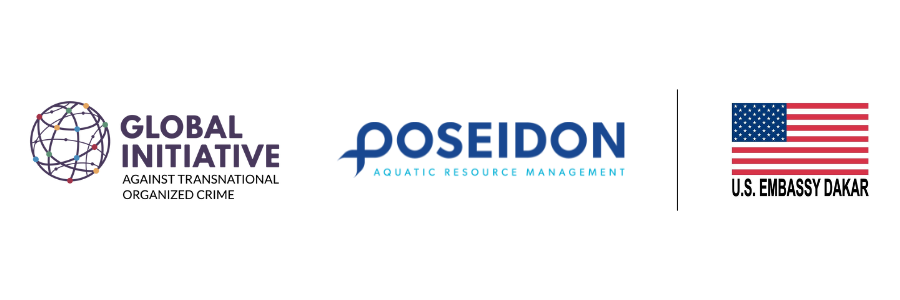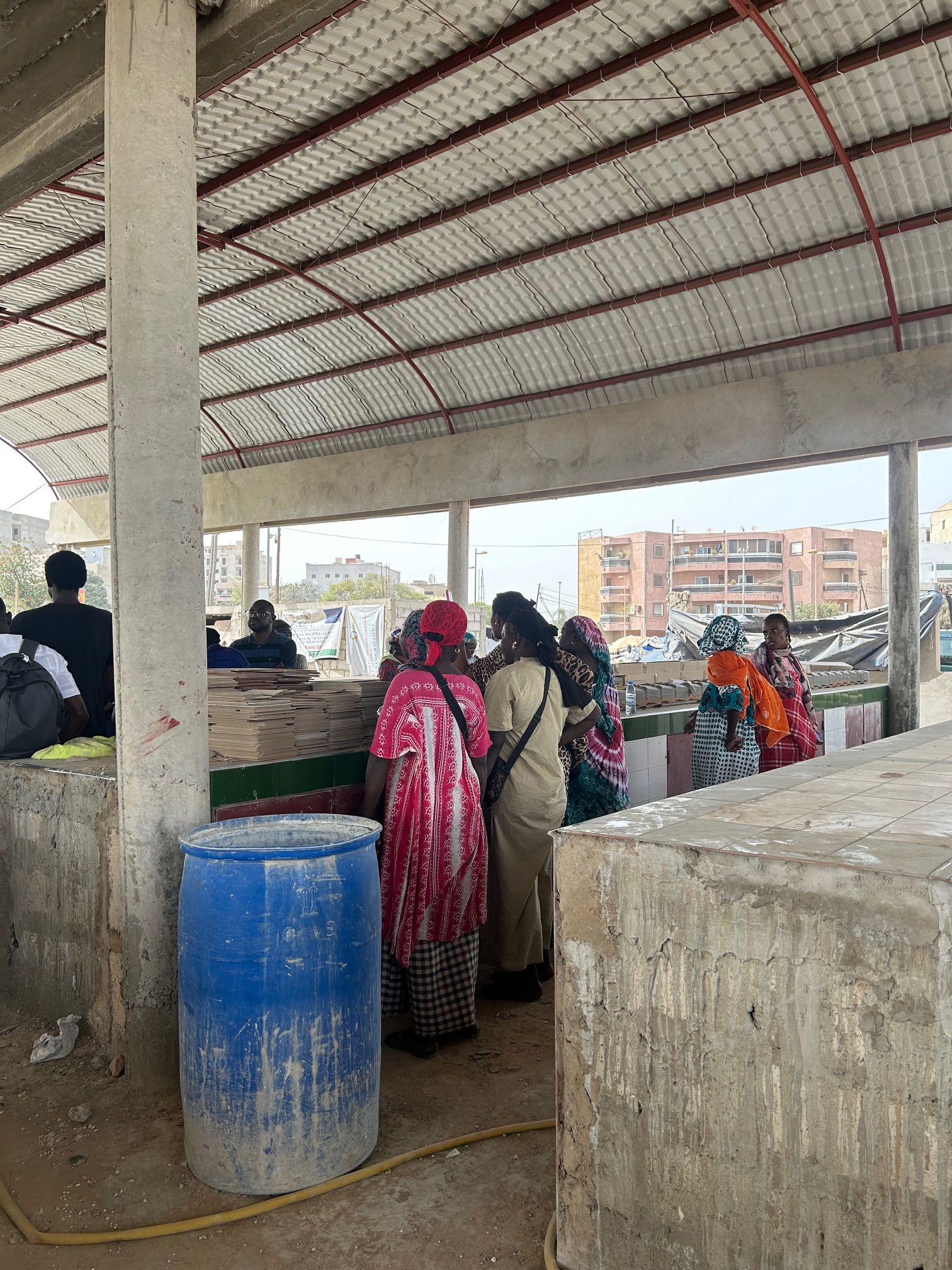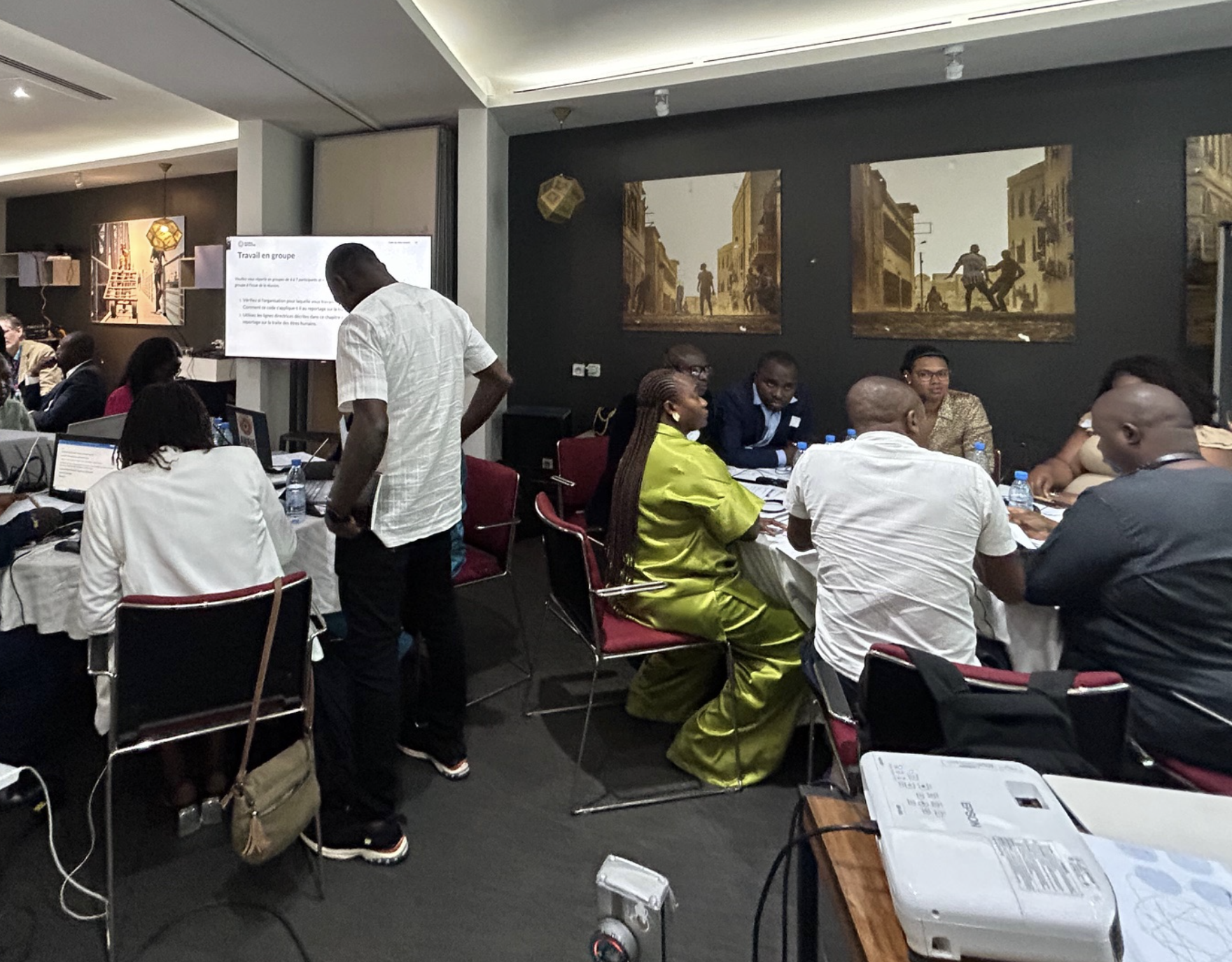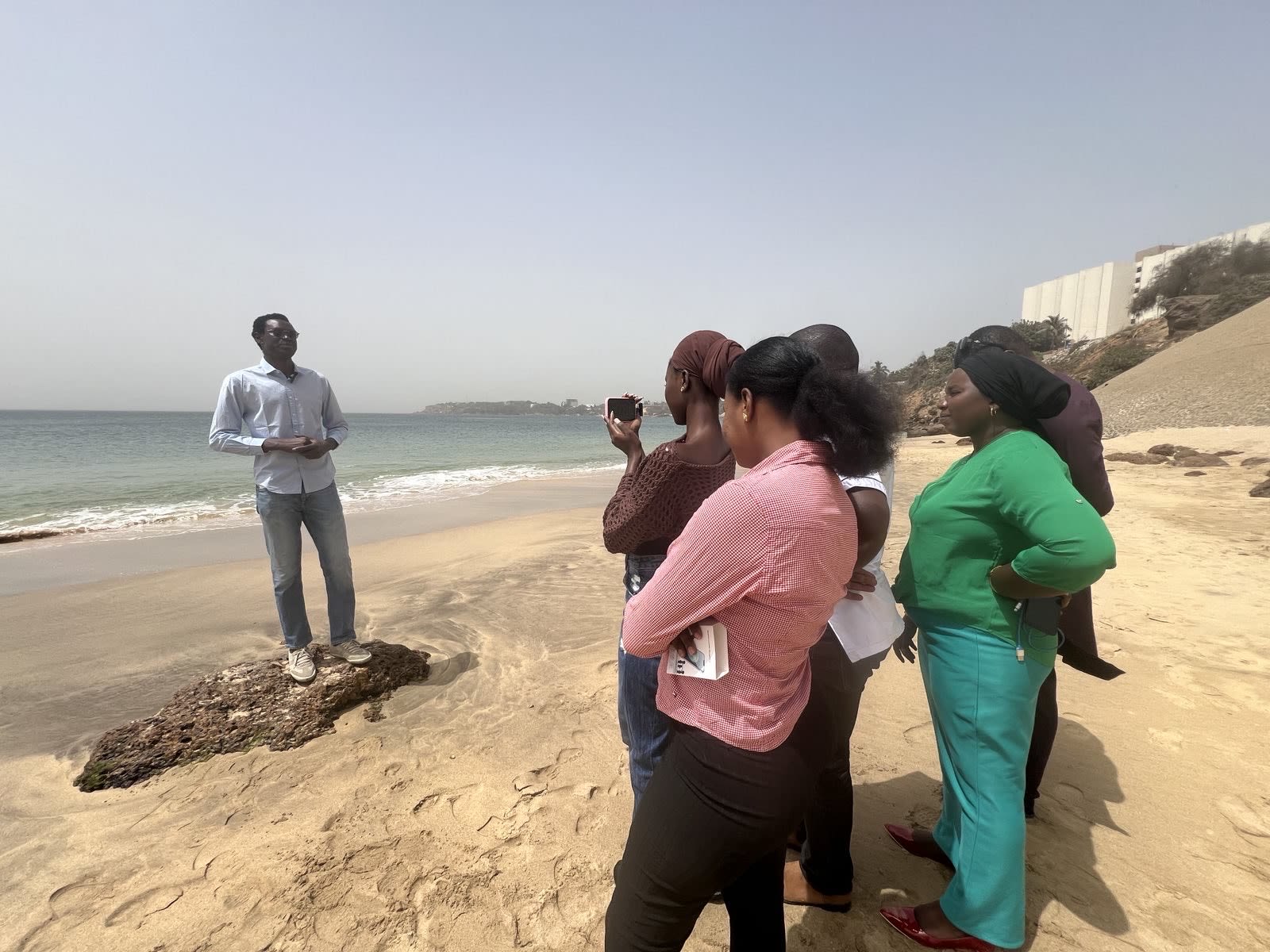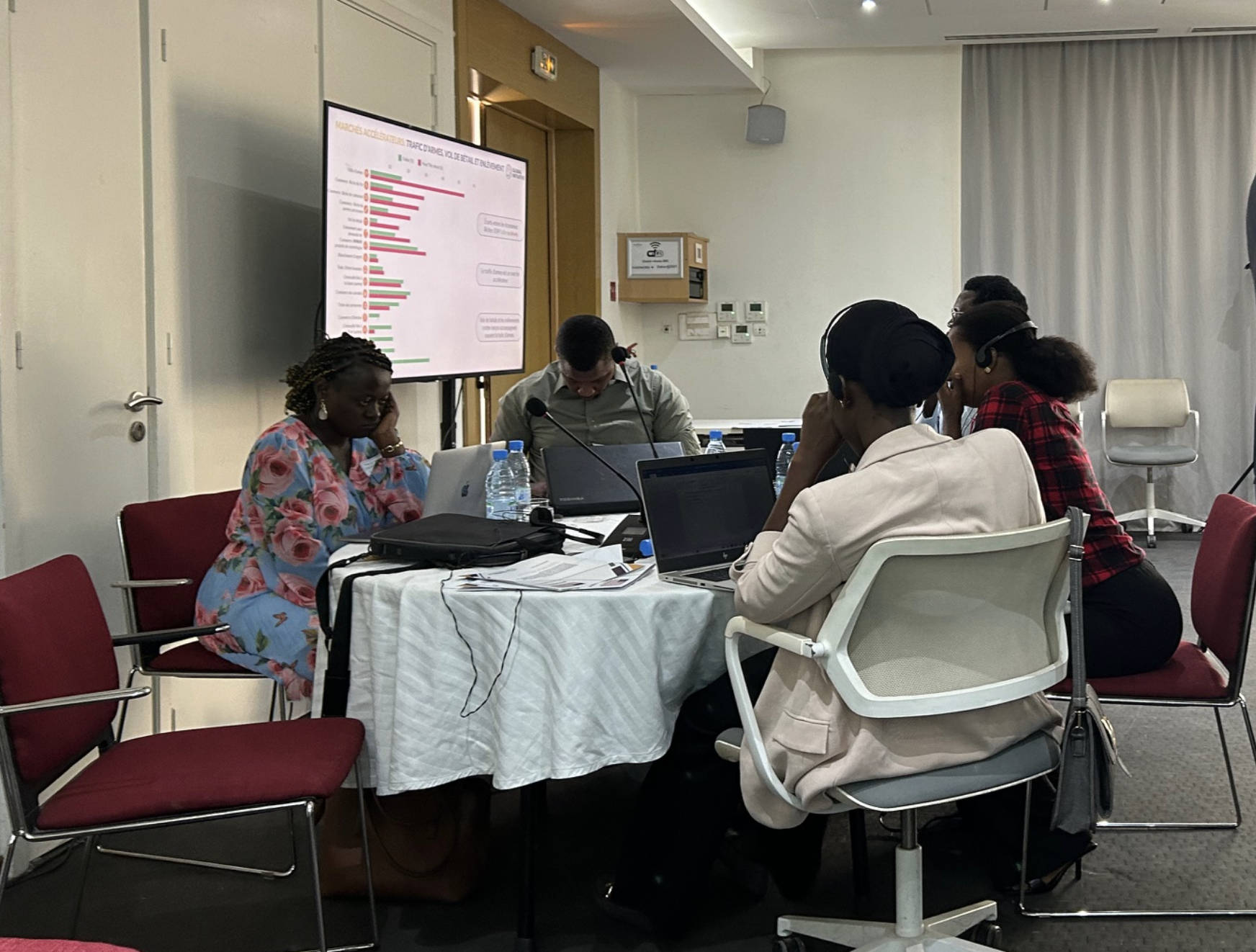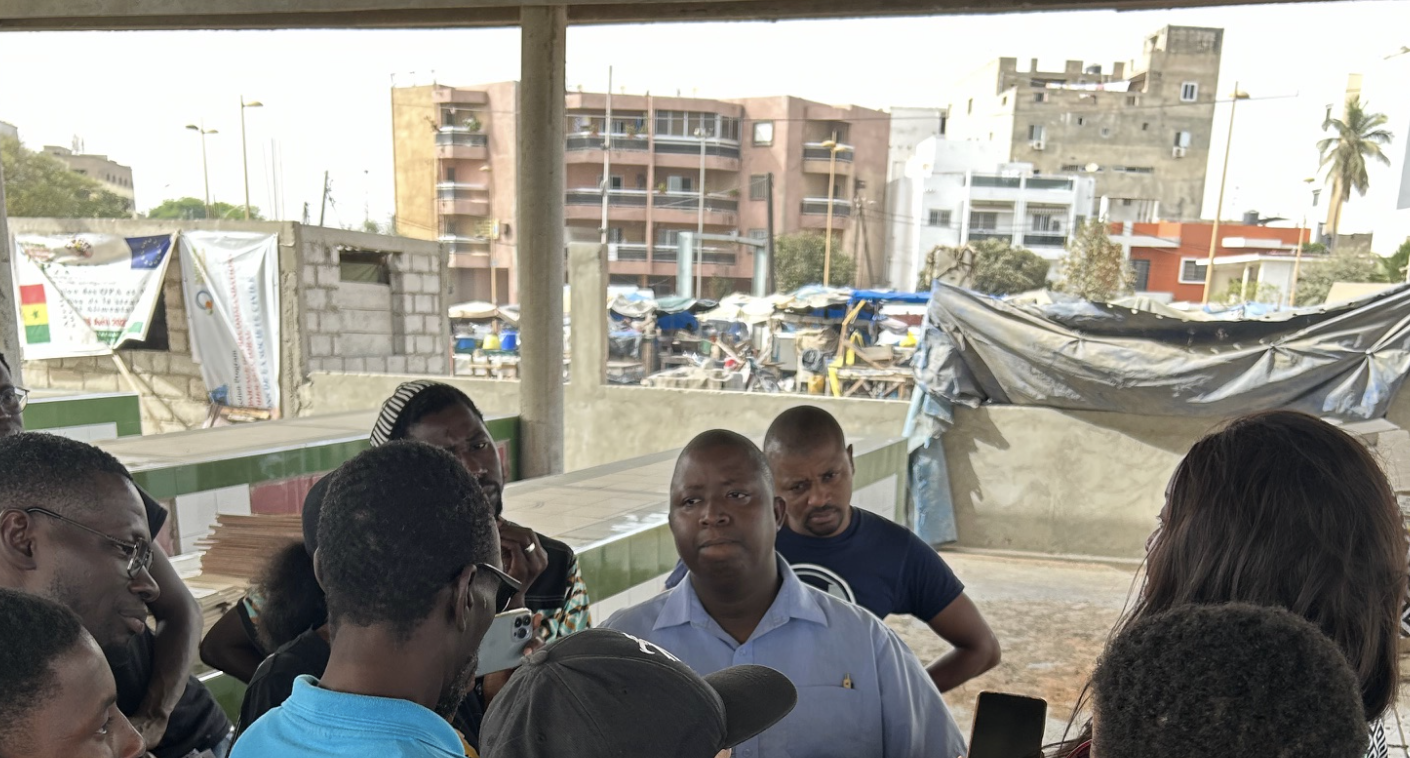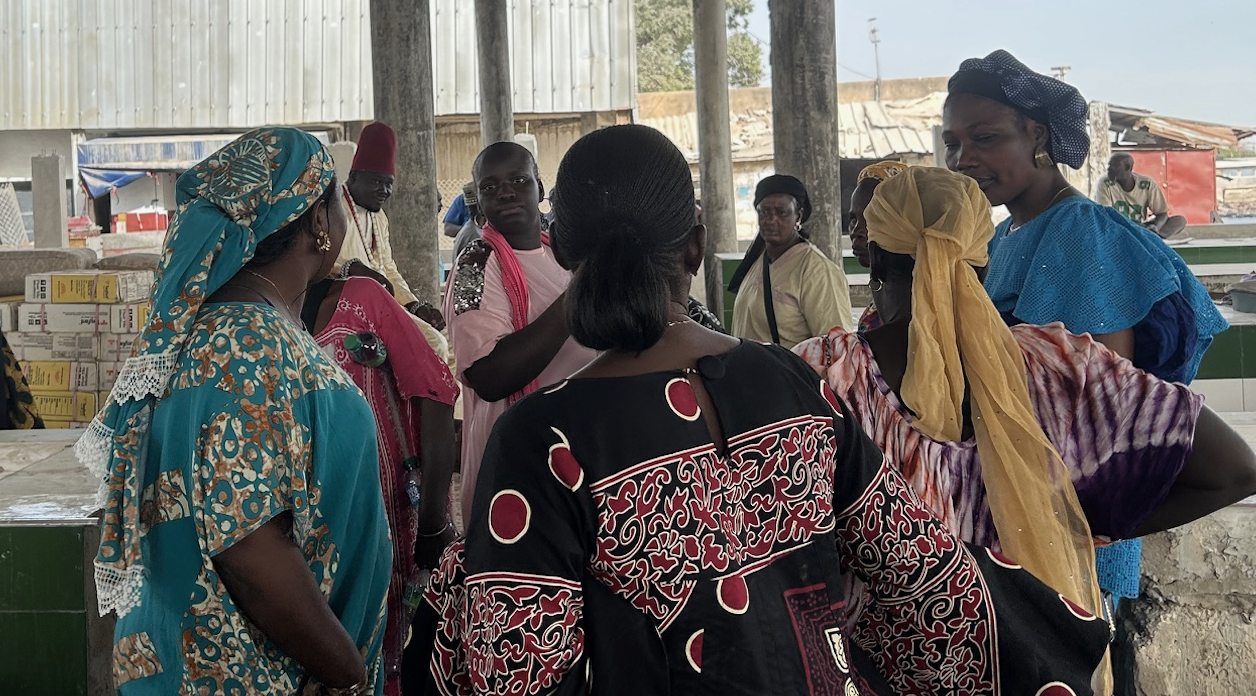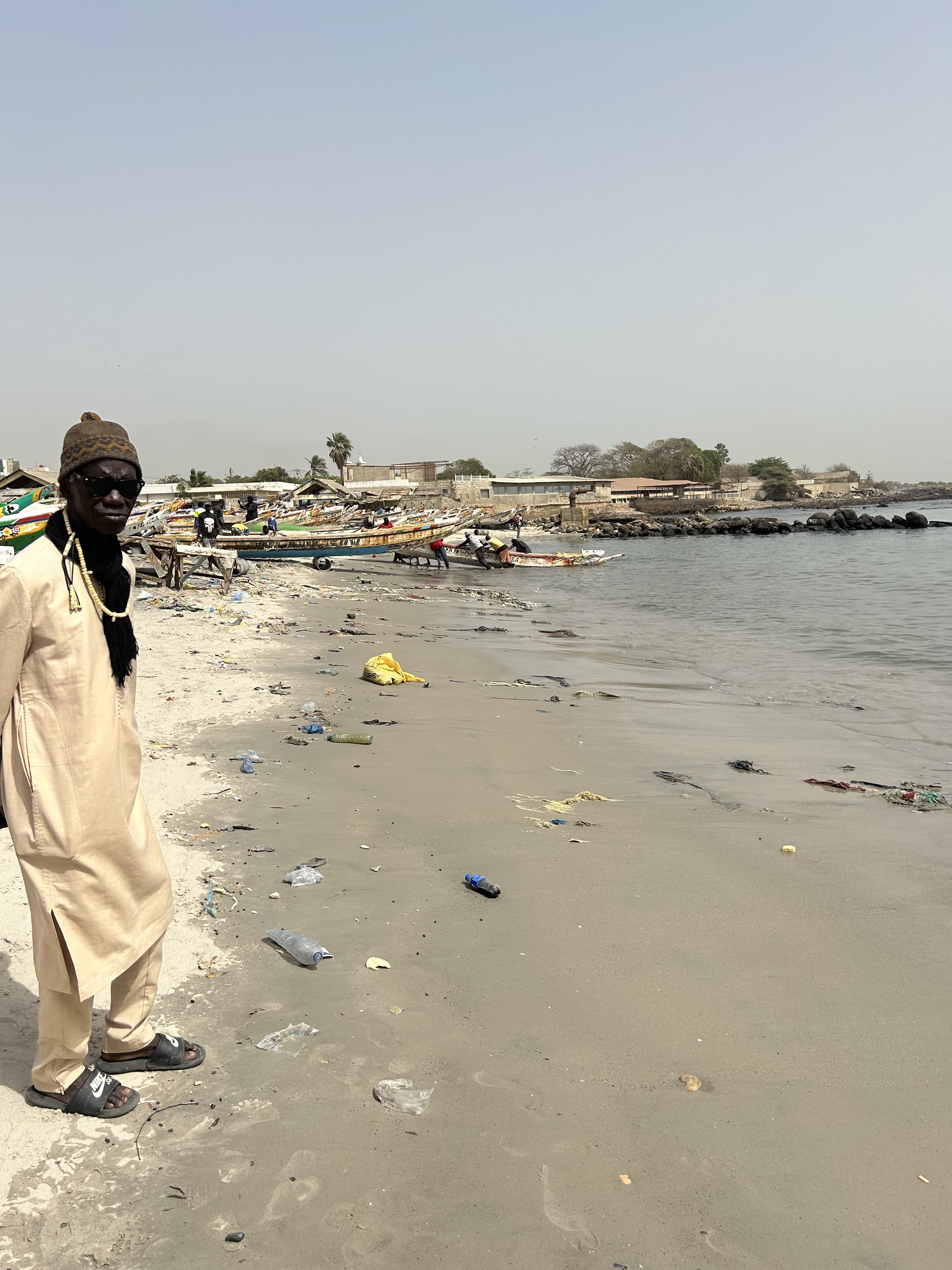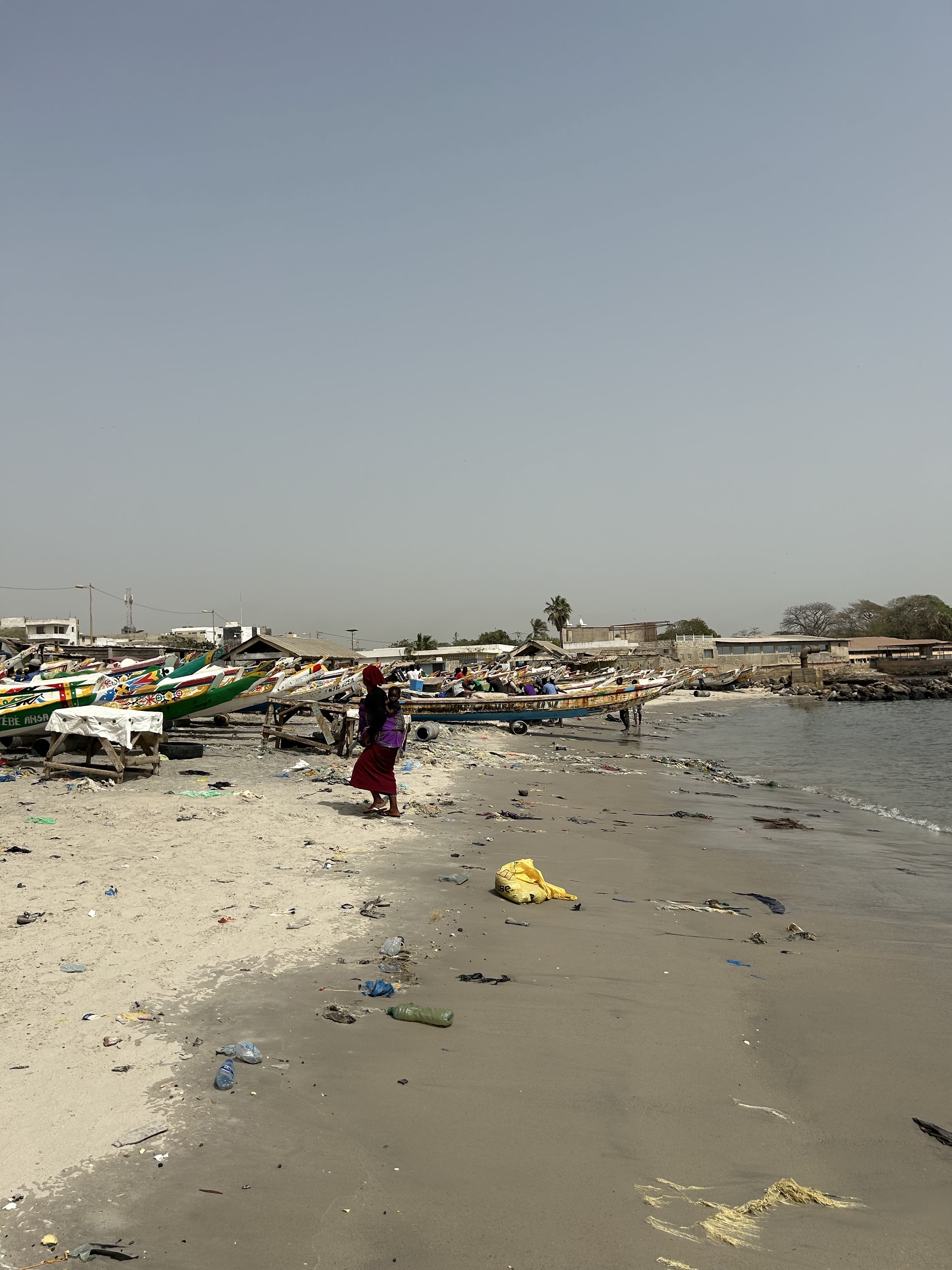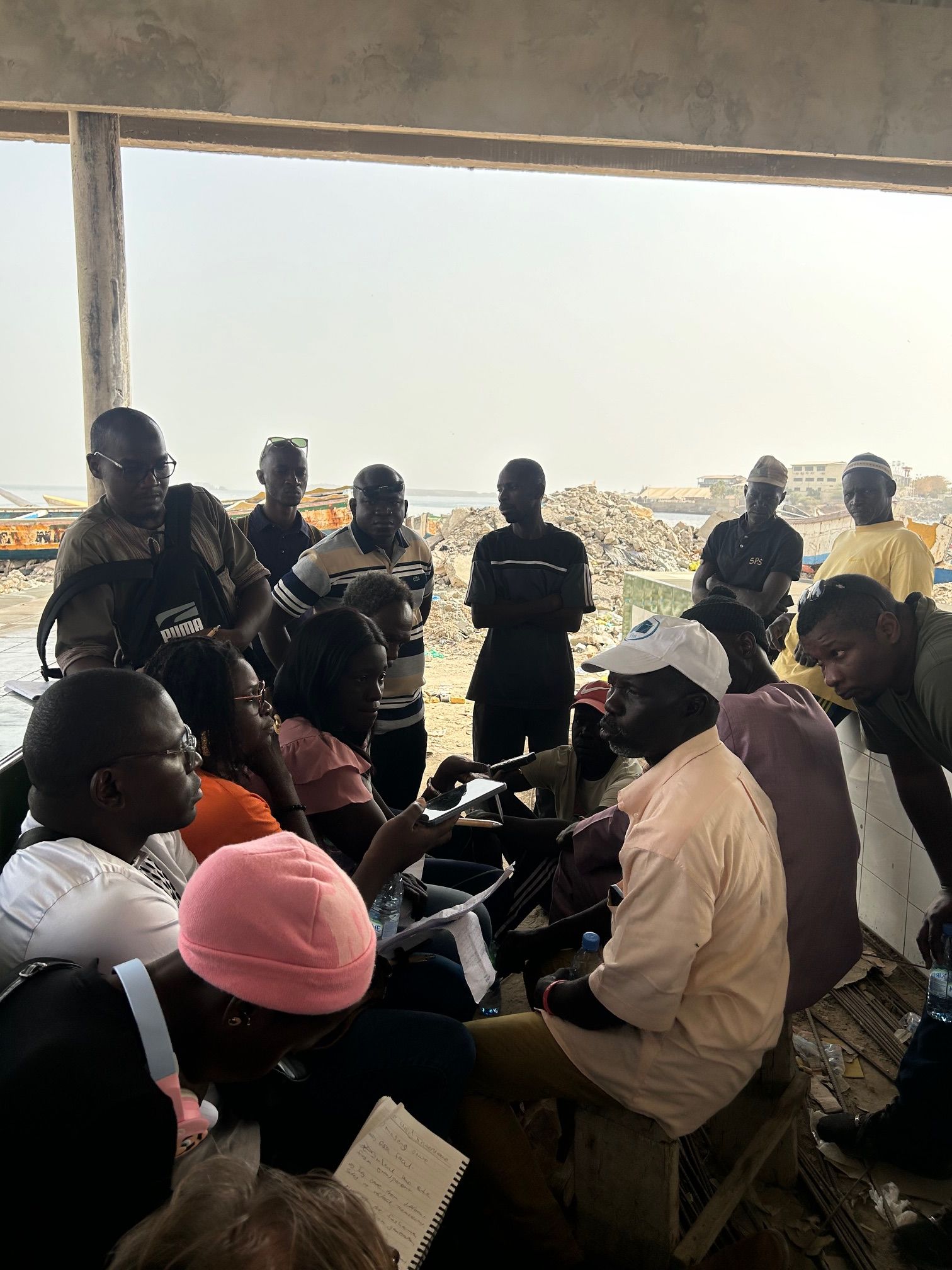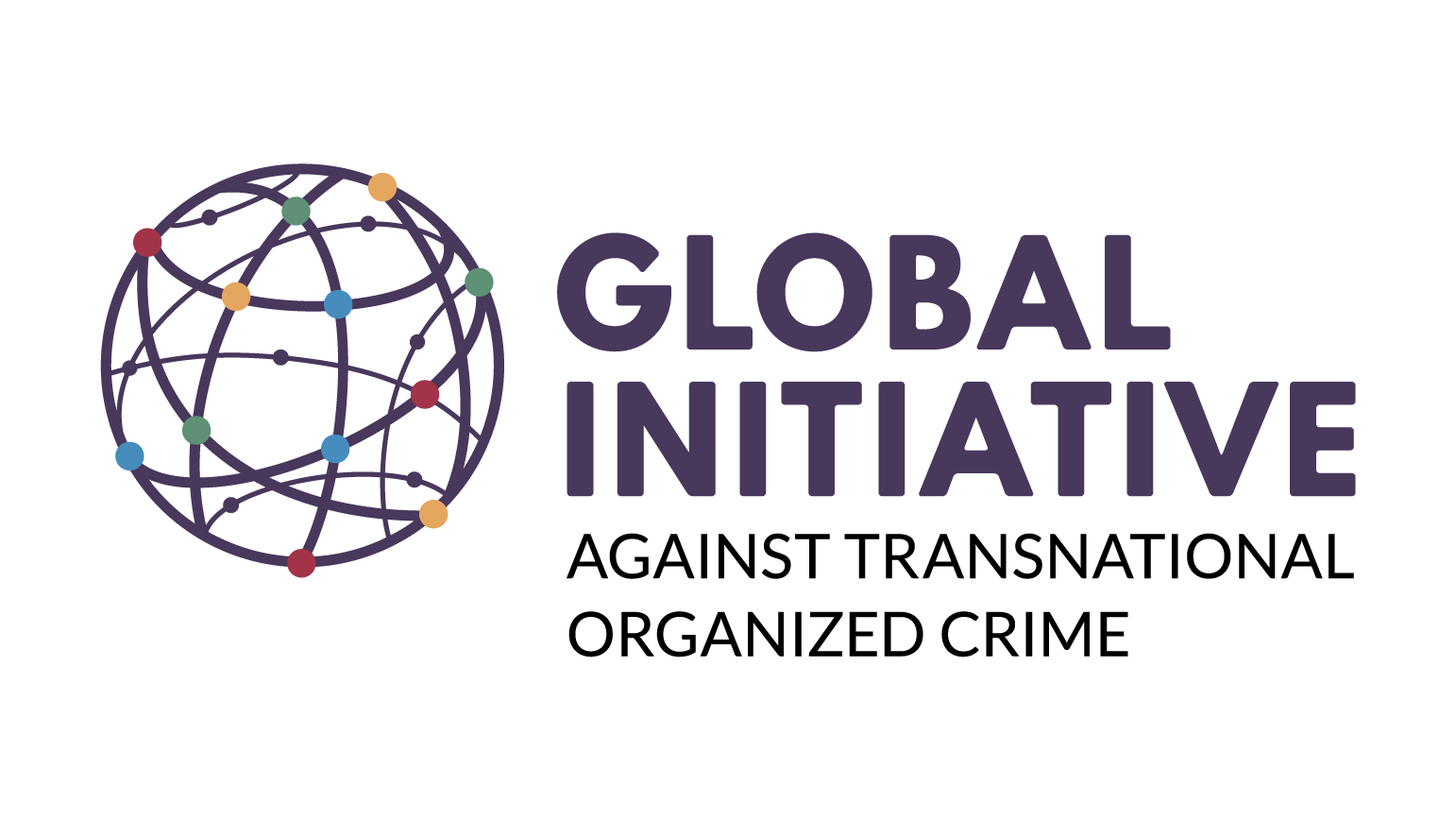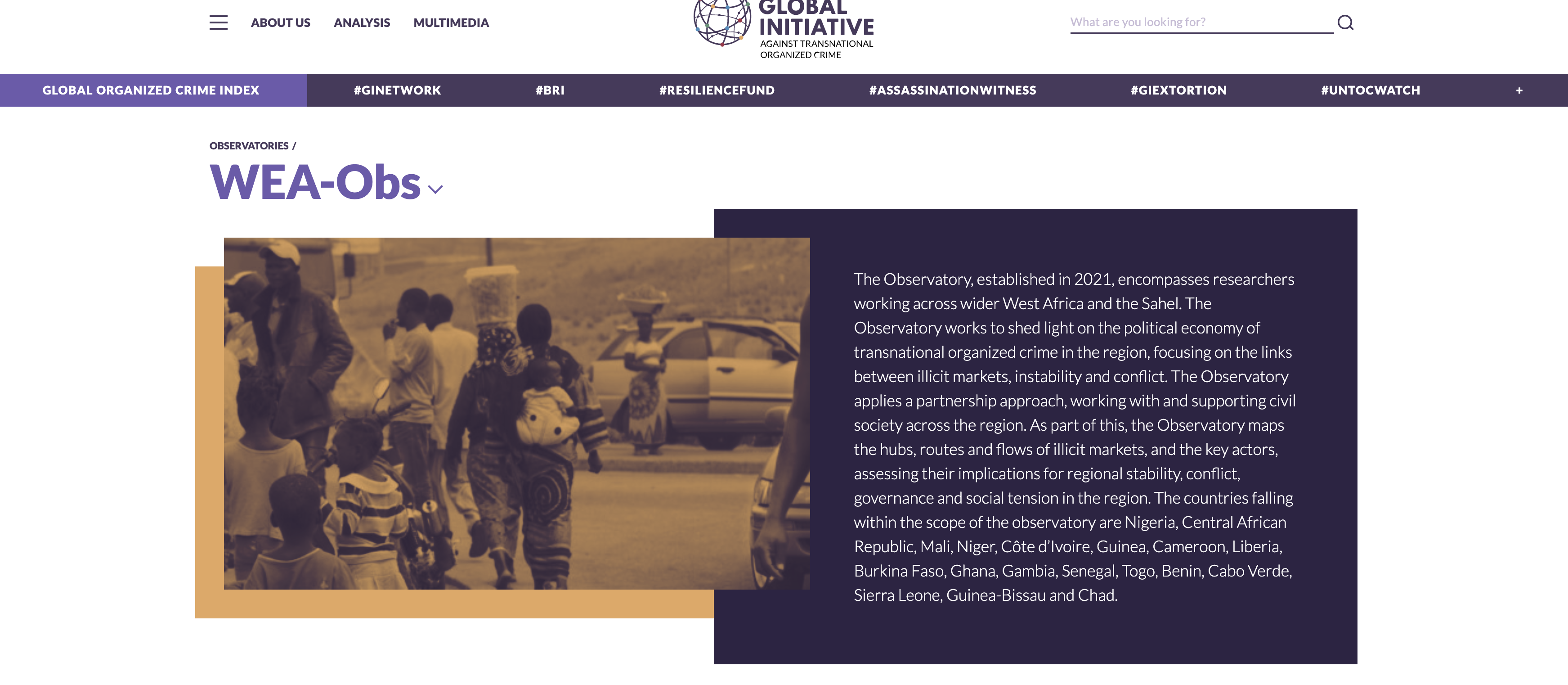Stories of impact
Capacity building and mentorship for investigative journalists in West Africa
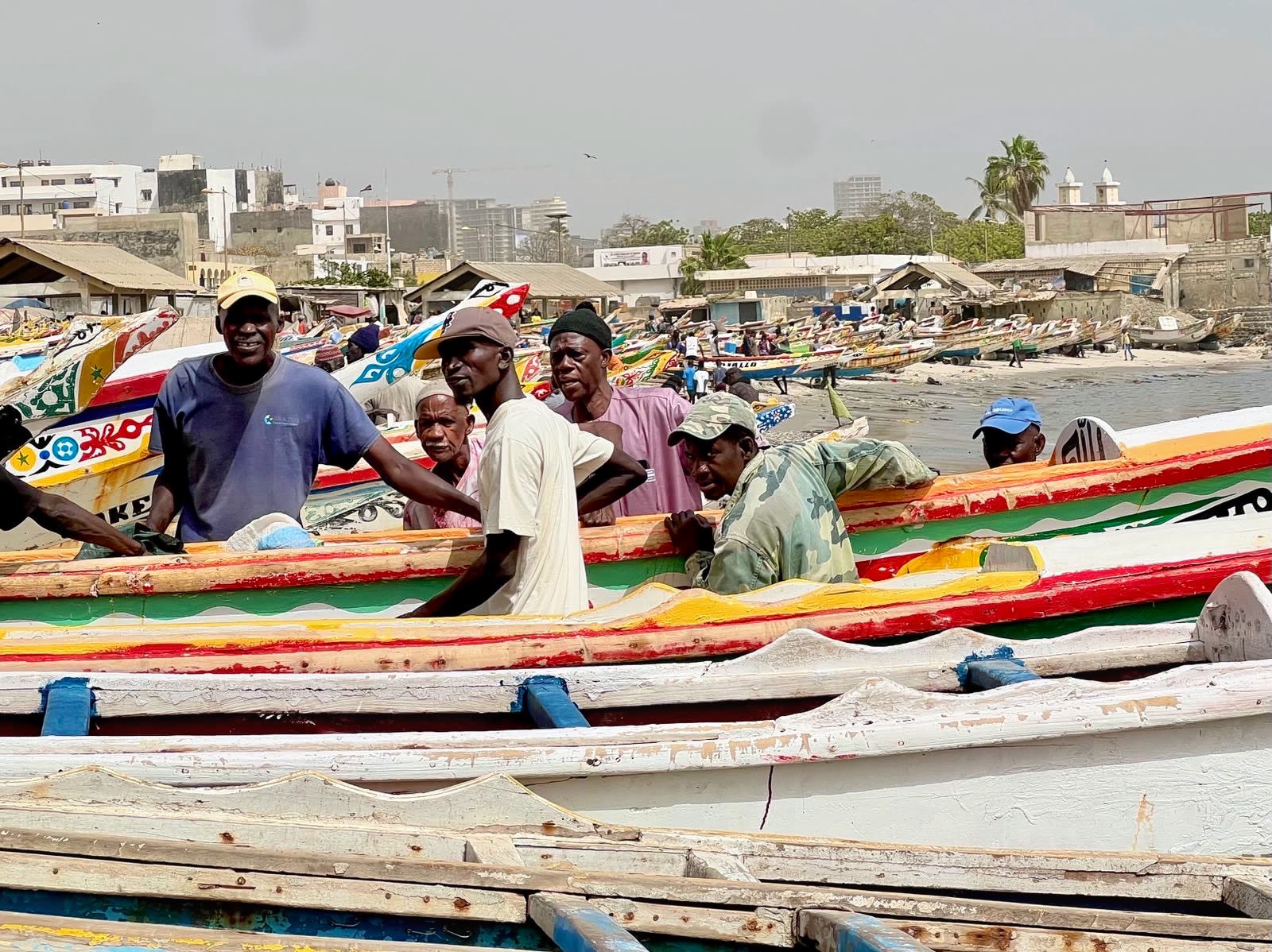

Illicit economies and organized crime pose a significant challenge to development worldwide – and West Africa is no exception.
Investigative journalists – through their ability to shine a light on criminal dynamics and galvanize a response from communities and policymakers – must be key elements of the solution.
Recognizing this, in April 2024, as part of a program supported by the U.S. Department of State, the Global Initiative Against Transnational Organized Crime (GI-TOC), a long-standing partner of investigative journalism, worked with 20 West African journalists to explore three key criminal markets with particularly devastating impacts throughout West Africa: human trafficking, illegal fishing, and the illegal trade in wildlife and forestry products.
This was carried out in collaboration with Poseidon, a global fisheries and aquaculture consultancy that provides independent advice to both the private and public sectors. The GI-TOC and Poseidon have previously collaborated to produce the IUU Fishing Index, which provides a measure of the risk different countries face from illegal, unreported and unregulated fishing.
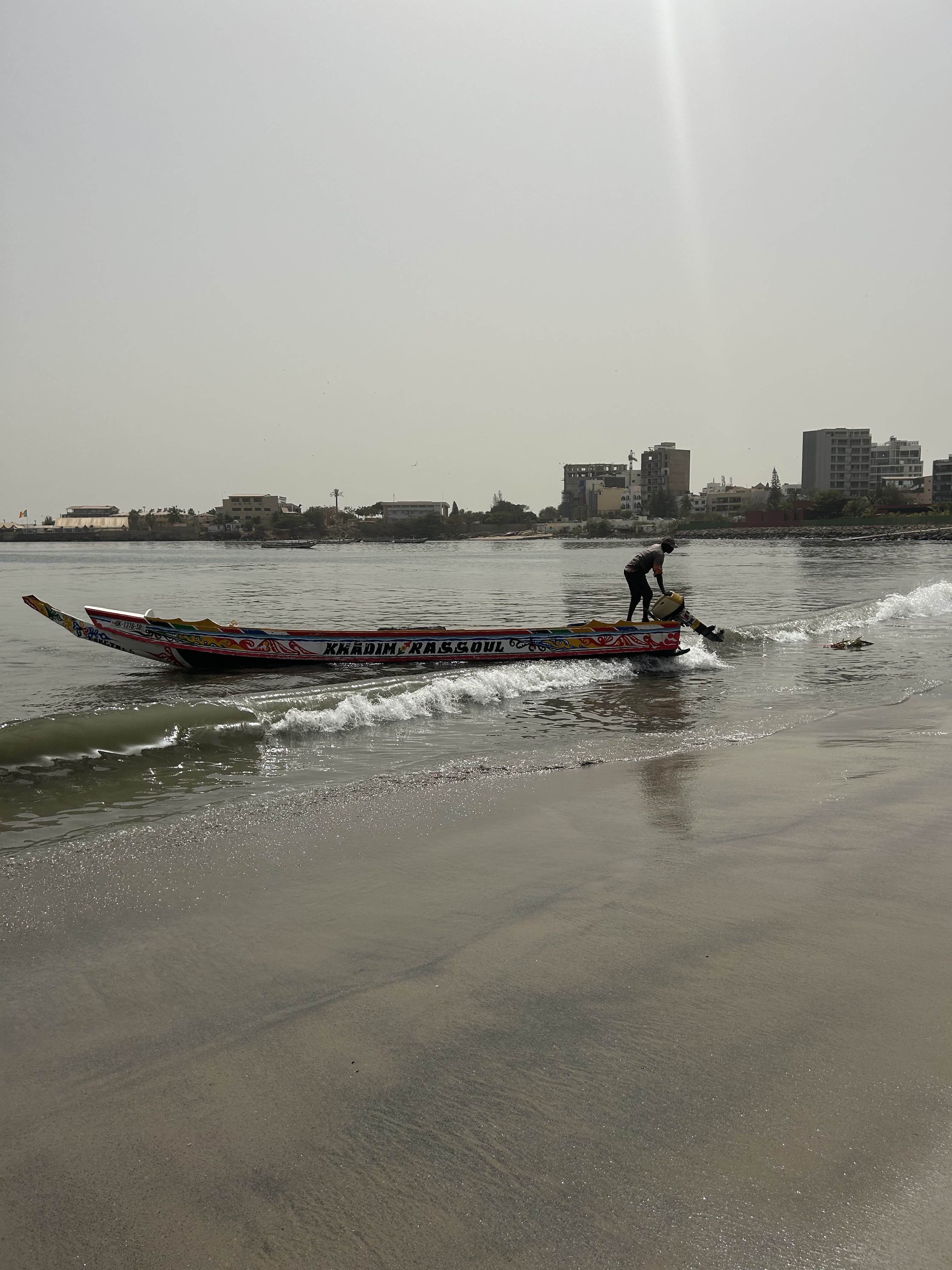
Journalists from Cabo Verde, Gambia, Guinea Bissau, Mauritania, Guinea and Senegal – supported by a capacity-building programme and a mentorship scheme – worked in groups to improve cooperation in addressing these cross-border crimes.
The support provided included expert-led workshops on each illicit market, analysis of entry points for understanding criminal markets, security briefings, guided site visits and skills development, including the production of audio-visual materials.
Under the mentorship scheme, each team produced an in-depth investigative piece, with the stories then disseminated in the media.
The programme included engagements with three market specialists regarding the substantive focus of each story as well as ongoing support from an expert investigative journalist in the region.
All stories are produced by independent journalists and do not necessarily reflect the views of the GI-TOC or Poseidon.
Participants of the capacity-building workshop in Dakar produced short videos on illegal fishing in West Africa.
Participants of the capacity-building workshop in Dakar produced short videos on illegal fishing in West Africa.
Let's take a closer look at these three criminal markets and the angles pursued by the journalists.
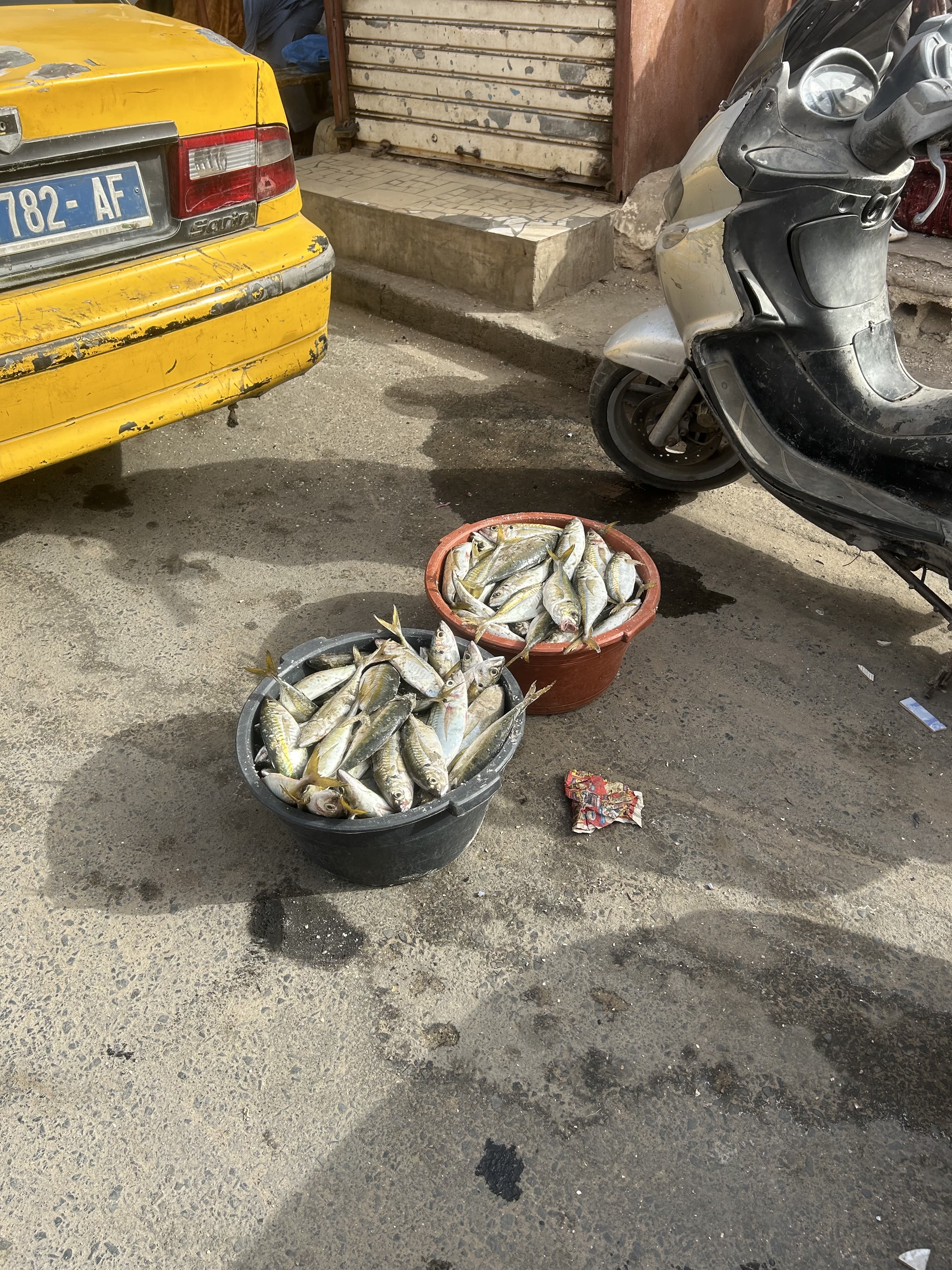

Illegal, unreported and unregulated fishing
IUU fishing – perpetrated by both artisanal fishermen and industrial fishing fleets – is devastating West Africa’s coastal fish stocks and marine ecosystems, leaving many coastal communities without livelihoods or sufficient food. Illegal fishing also undermines the profitability of legal fishing activities, with consequences for both regional governments and local communities.
The 2023 IUU Fishing Index found that the subregion as a whole is significantly affected by illegal fishing. According to the Index, Guinea-Bissau is one of 10 countries in the world with the highest prevalence of IUU fishing, with violations in the sector likely related to incursions by industrial vessels into coastal zones, use of illegal fishing gear and misreporting of catches. A team of journalists from Guinea-Bissau responded to this by investigating the disorganization, corruption and lack of transparency in the country’s fishing sector.
Journalists from Gambia and Mauritania, meanwhile, chose to investigate the regional fishmeal industry – which uses fish stocks to produce food for livestock around the world. They explored in particular the role of foreign companies in the sector and the impact of the industry on local livelihoods and food scarcity. In a related story, a Senegalese journalist produced a 30-minute documentary exposing how fish factories in Senegal and Mauritania do not follow specifications and instead plunder marine resources when they should be using fish scraps.
Complementing this work, a journalist from Cabo Verde analyzed the dynamics of IUU fishing in the country’s vast exclusive economic zone, exploring how data collection and dissemination by authorities can support better tracking of the phenomenon. Finally, a team of journalists from Guinea investigated conflicts between artisanal and industrial fishers in Guinea, exacerbated by the encroachment of industrial vessels into artisanal fishing areas.
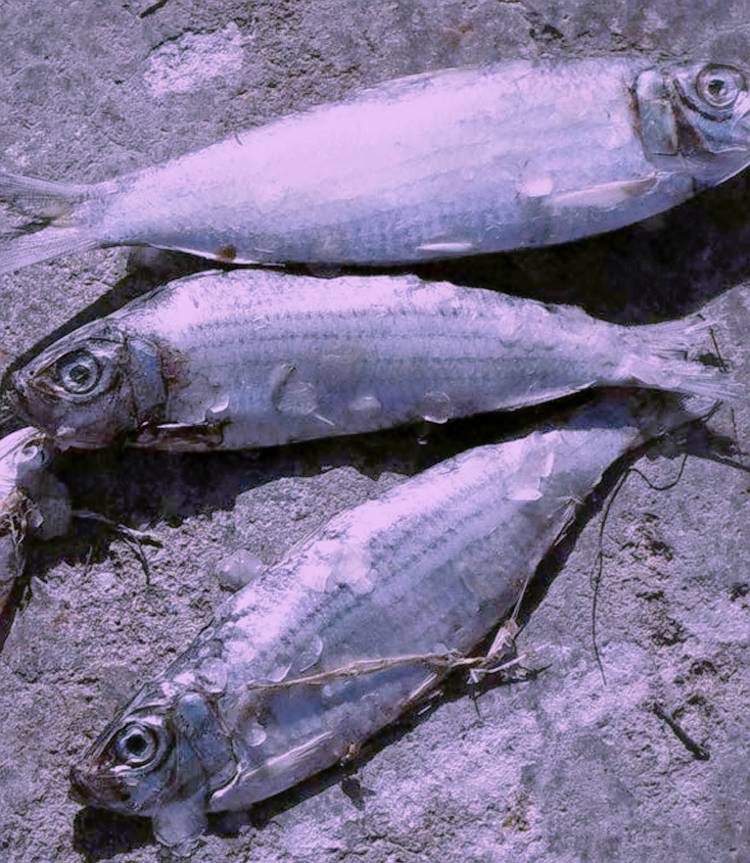

Human trafficking
According to the GI-TOC’s 2023 Global Organized Crime Index, an expert-led assessment of criminal markets and state resilience to them, human trafficking is the second most pervasive criminal market in West Africa. Technology has recently emerged as a key enabler of human trafficking dynamics, with West Africa found to be extremely vulnerable to the escalating production and distribution of online child sexual abuse material.
West Africa’s artisanal gold mining sites are frequently areas where people are exploited for labour or sexual purposes in contexts that constitute trafficking. Journalists from Senegal explored the dynamics underpinning the trafficking of young Nigerian women and girls to gold mining sites in Kedougou, in south-eastern Senegal. Nigerian women, who make up the majority of those trafficked for sexual exploitation, are trafficked from their homes by sophisticated criminal networks. At marketplaces in Mali, most notably in Djidian, a village in the Kayes region in the country’s south-west, the networks sell the young women and girls to individuals who coordinate their exploitation.
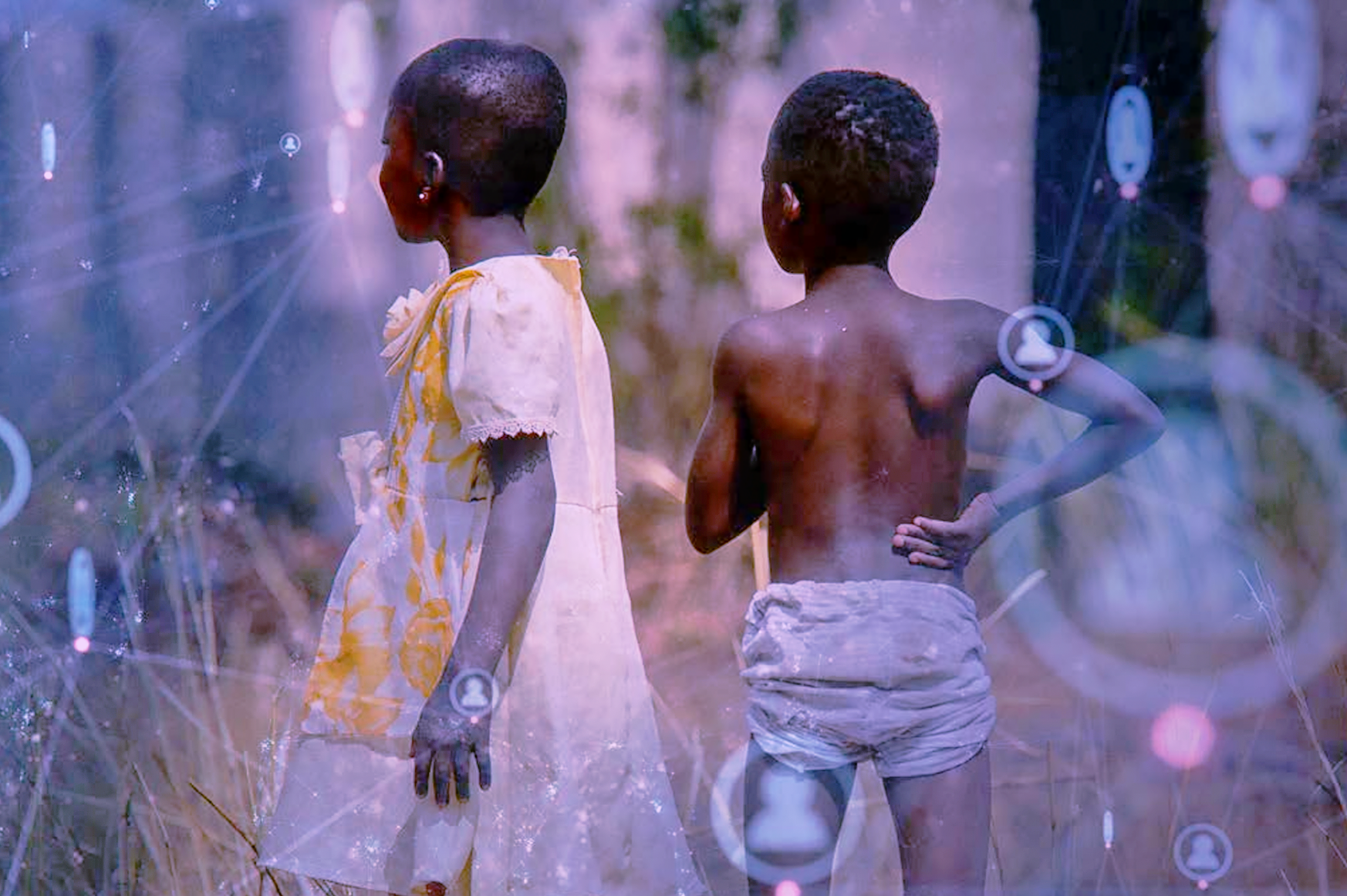

Trafficking in wildlife commodities and forestry products
West Africa’s rich natural resources are being devastated by criminal exploitation, including illegal poaching and tree felling, often to meet overseas demand. Environmental damage has been found to undermine progress on 80% of the targets of the Sustainable Development Goals (SDGs), while crime poses a major cross-cutting challenge to at least 15% of SDG targets. Illicit logging, one of the most profitable natural resource crimes globally, poses a particularly serious threat to the environment, undermining the stability of climate systems and driving climate change.
A journalist from Senegal investigated wildlife trafficking in the country, exploring the outdated national legislation, weak penalties for traffickers and the increased pressure from poachers on national parks and protected areas. Journalists in Senegal noted how current legal frameworks pose little deterrent to involvement in wildlife trafficking, resulting in very low sentences. Their investigations underscored the need to finalize ongoing legislative review processes to update Senegal’s regulatory framework, and to partner law enforcement responses with additional support for communities living on the periphery of national parks to reduce dependence on protected resources.
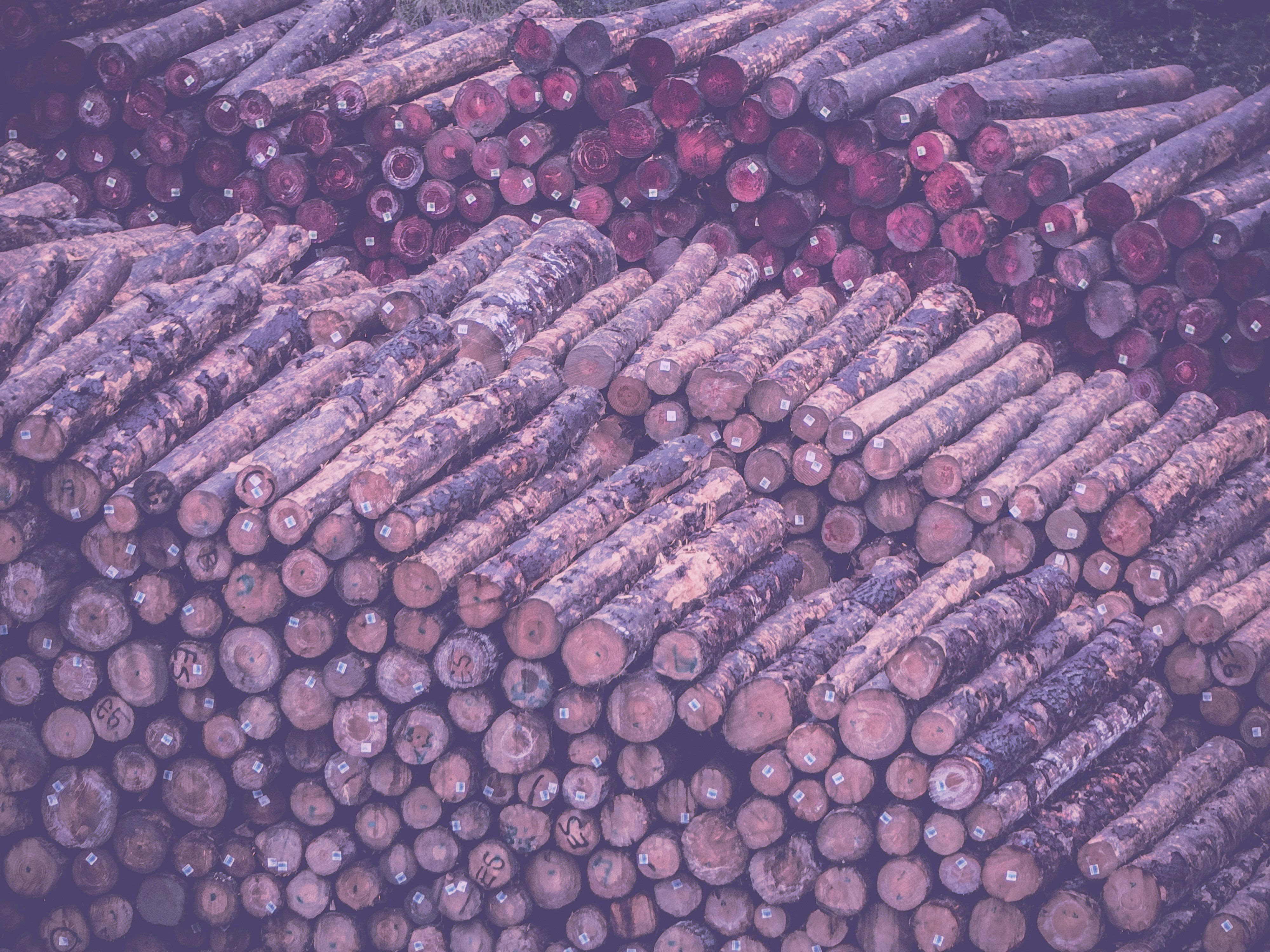

The role of investigative journalists in shining a light on the murky underworld of transnational organized crime is key to shaping public opinion and creating the conditions for policymakers to act.
Through their important work on these priority criminal markets, journalists in West Africa are driving the regional response.
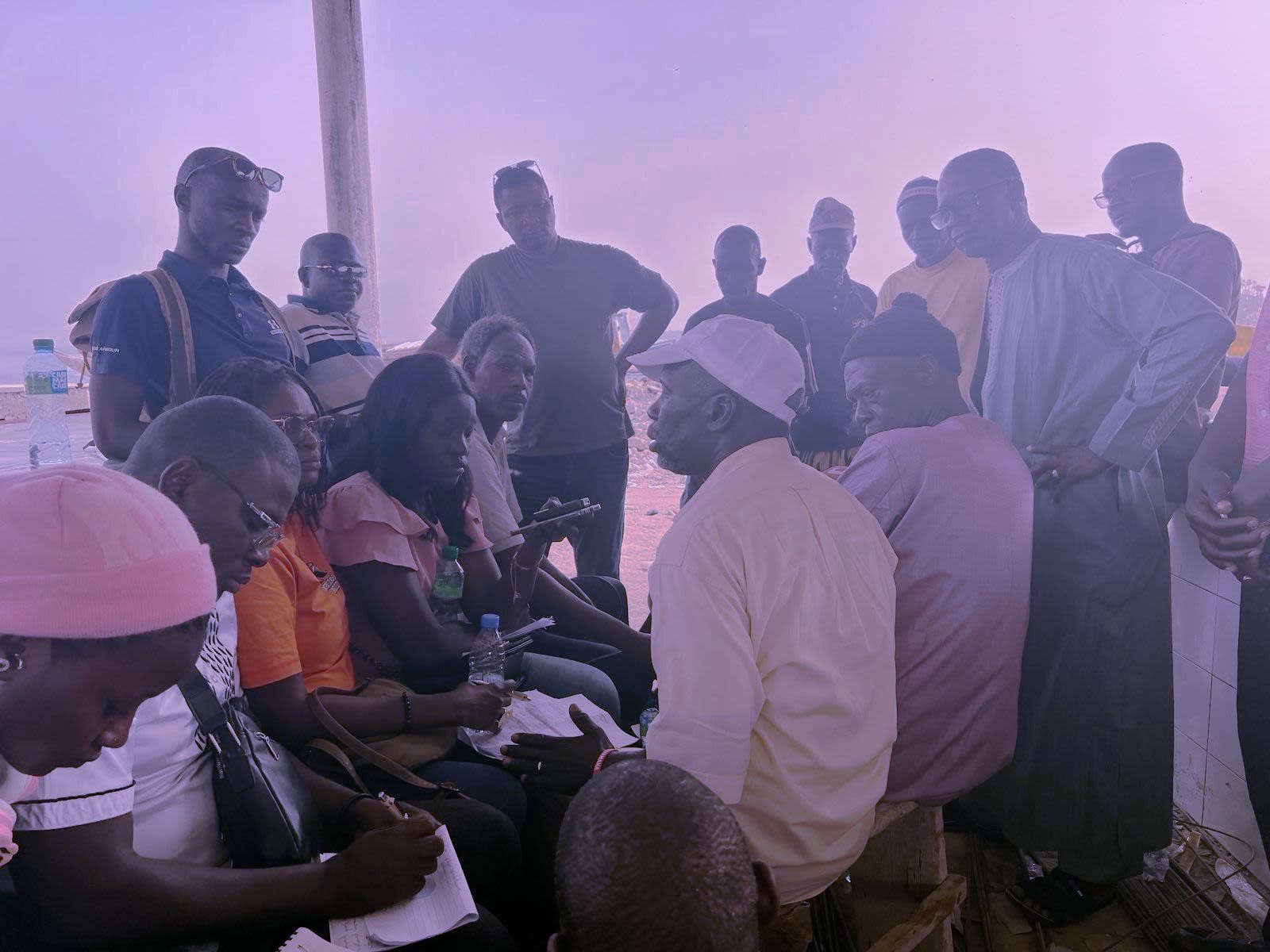

About the Global Initiative
The Global Initiative Against Transnational Organized Crime is a network of professionals working on the frontlines of the fight against the illicit economy and criminal actors. Through a network of global civil society observatories on the illicit economy, we monitor evolving trends and work to build the evidence basis for policy action, disseminate the expertise of our Network and catalyze multisectoral and holistic responses across a range of crime types. With the Global Initiative’s Resilience Fund, we support community activists and local NGOs working in areas where crime governance is critically undermining people’s safety, security and life chances.
About the West Africa Observatory
The Observatory, established in 2021, encompasses researchers working across wider West Africa and the Sahel. The Observatory works to shed light on the political economy of transnational organized crime in the region, focusing on the links between illicit markets, instability and conflict. The Observatory applies a partnership approach, working with and supporting civil society across the region. As part of this, the Observatory maps the hubs, routes and flows of illicit markets, and the key actors, assessing their implications for regional stability, conflict, governance and social tension in the region. The countries falling within the scope of the observatory are Nigeria, Central African Republic, Mali, Niger, Côte d’Ivoire, Guinea, Cameroon, Liberia, Burkina Faso, Ghana, Gambia, Senegal, Togo, Benin, Cabo Verde, Sierra Leone, Guinea-Bissau and Chad.

